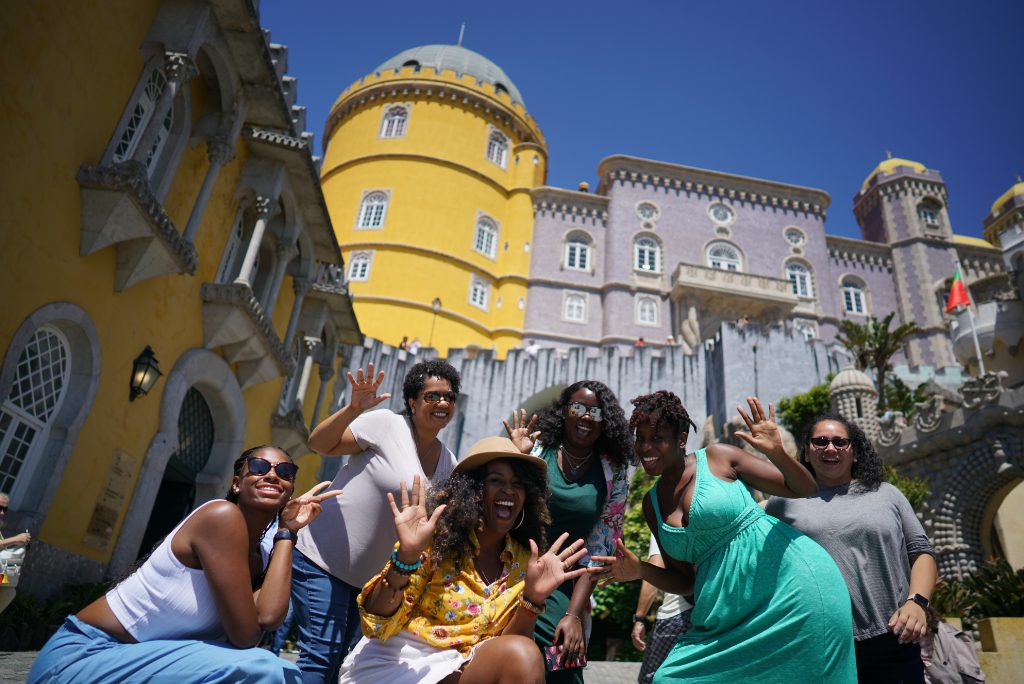Social Media Influencers Sync With Startup Tools to Sell Travel

Skift Take
This reporter managed to include Kourtney Kardashian's Insta in this story about travel tech. #winning #socialmedia #thinkfluencer
Instagram, YouTube, TikTok, and other platforms still haven’t perfected the transactional tools to make it easy to buy the trips that social media influencers show off online. But a few startups, such as TrovaTrip, Luxury Travel Hackers, and Thatch, are focusing on the e-commerce challenge — and this summer have received investor backing.
The startups aren't targeting celebrities at the level of, say, Kourtney Kardashian — an influencer who has 140 million followers looking at her August trip to Italy. Instead, they are working with lower-level online personalities.
"A lot of our most successful trip hosts have fan bases that remain small enough to be manageable for them to engage with their audience by replying to comments," said Lauren Schneider, a co-founder of trip management platform TrovaTrip.
Join Us at Skift Global Forum in NYC September 21-23
A case in point: Ally Coucke, a Denver, Colorado-based creator, entrepreneur, and traveler with about 103,000 followers on Instagram, has recently been selling travel, such as a just-departed group trip to Alaska, via TrovaTrip. "Her trips typically sell out the same day, and her Instagram stories clearly demonstrate why," Schneider said. "She is authentic, vulnerable, and relatable, and she shows it through video." Coucke has been sharing highlights from the late August trip via her Instagram stories. Here's how the process typically works for an influencer who wants to work with TrovaTrip. The influencer visits its portal to see
